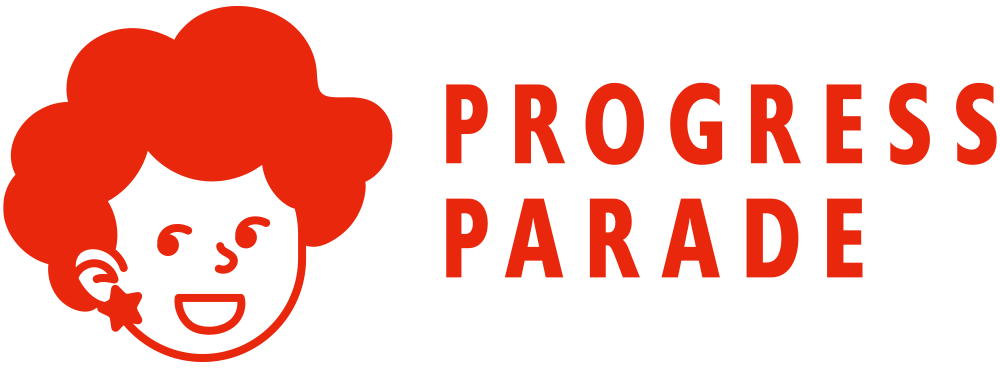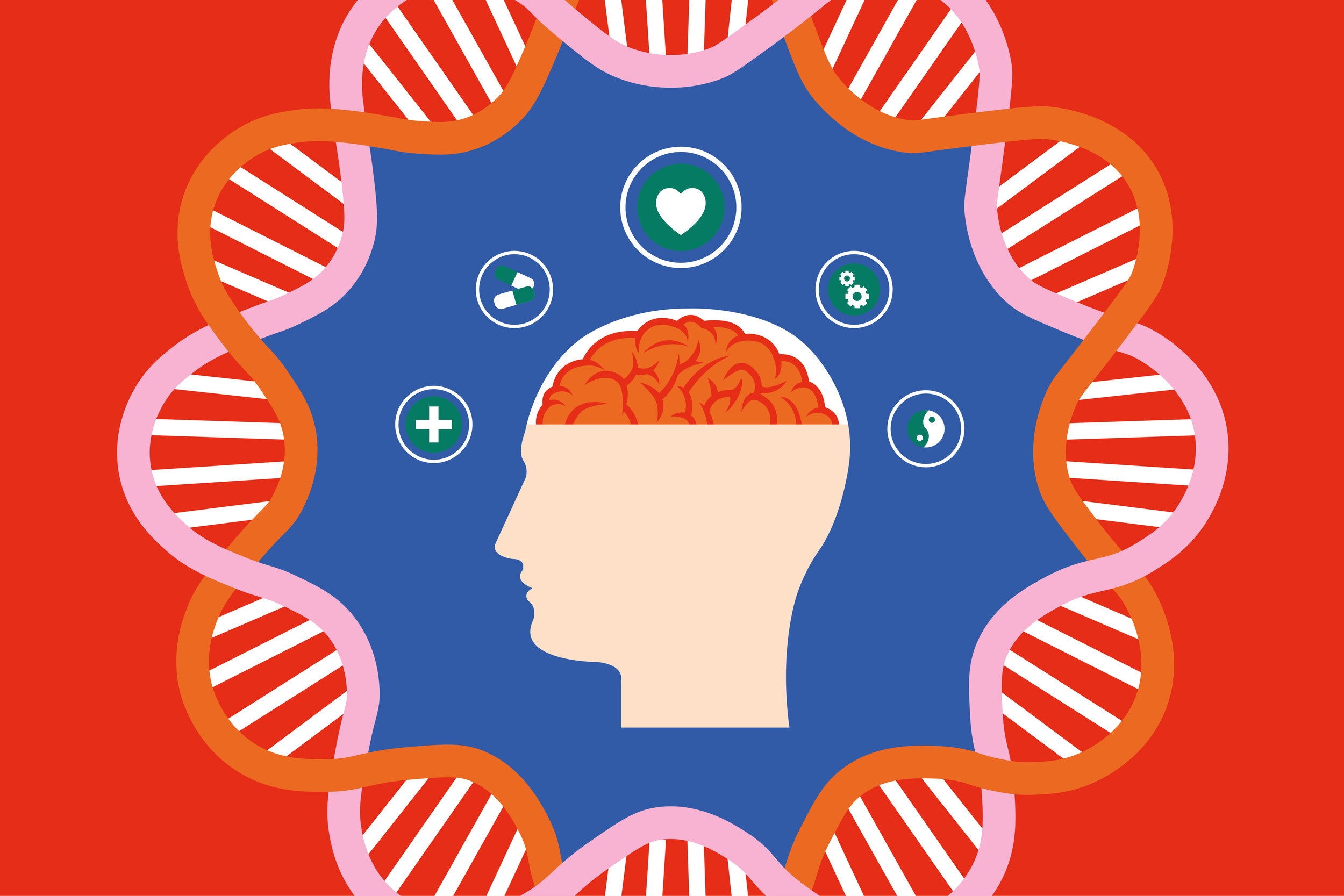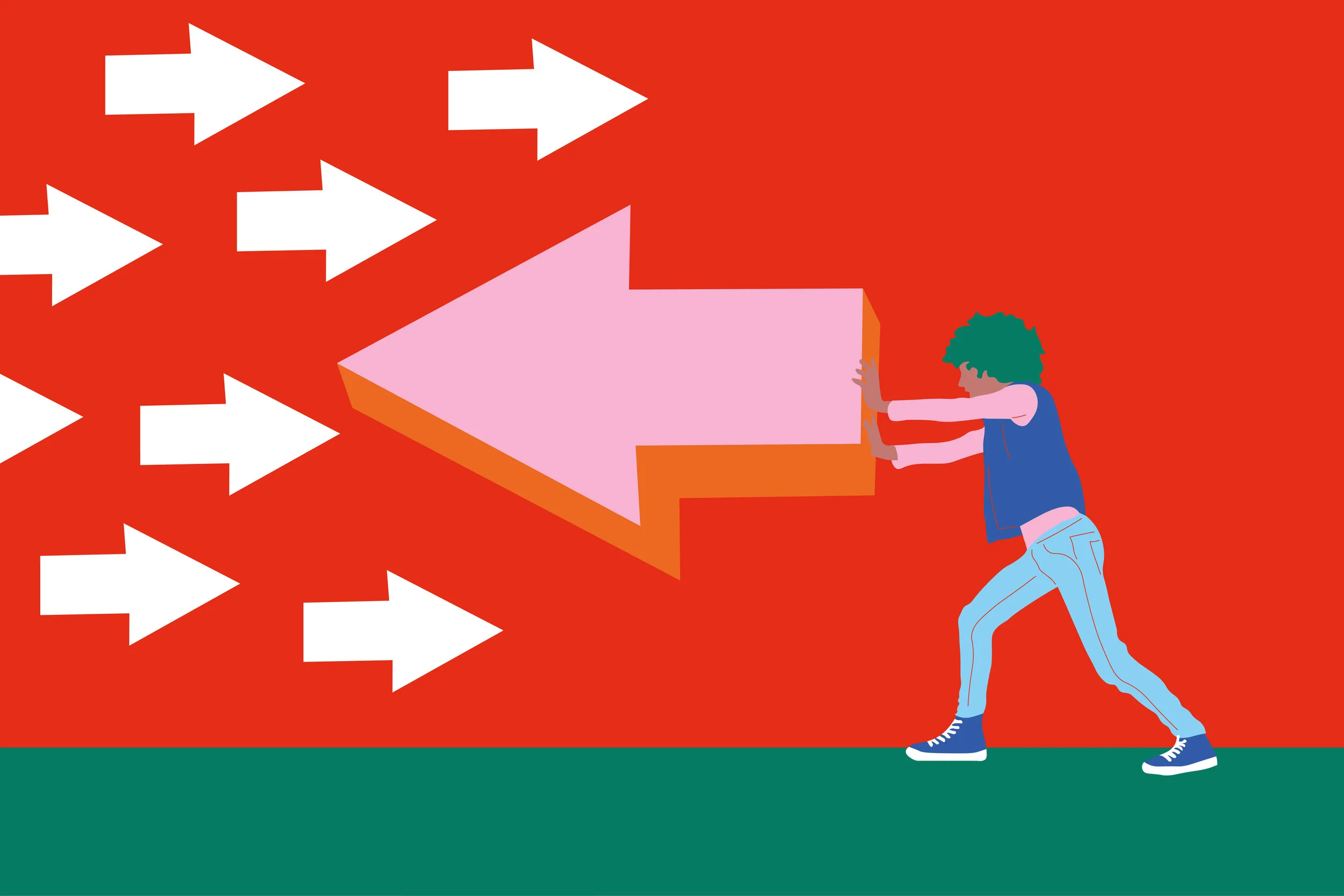What factors make tutoring effective?
What factors make tutoring effective?
If you're here, you're probably interested in tutoring. What you may not know about is all of the research about what components make tutoring as effective as possible!
As a result of pandemic learning loss, folks at Brown University launched an initiative called the "EdResearch for Recovery Project", with the goal of quickly making research available to answer the most pressing education-related questions. In February 2021, they published a guide on Design Principles for Effective Tutoring.
As special education tutors, we know it's important to stay up on relevant research in the field and also to share that research with you! The most exciting takeaway for us is that we here at Progress Parade continue to implement the important factors of effective tutoring, so, if you choose to work with us, you can do so with confidence.
For the remainder of this article, we'll break down the principles of effective tutoring from the EdResearch Recovery Project at Brown University article and how they apply to what we do here at Progress Parade.
“One-to-one tutoring is likely most effective.”
How often should my child meet with their tutor?
From the EdRearch Recovery Project: "Tutoring is most likely to be effective when delivered in high doses through tutoring programs with three or more sessions per week or intensive, week-long, small-group programs taught by talented teachers".
We have always recommended at least two sessions per week as repetition goes a long way to improving outcomes and helping students to deeply grasp the concepts we're working on. The research continues to demonstrate that more frequent sessions are more effective.
How many students are involved in effective tutoring?
From the EdRearch Recovery Project: "Tutors can effectively instruct up to three or four students at a time. However, moving beyond this number can quickly become small group instruction, which is less personalized and requires a higher degree of skill to do well. One-to-one tutoring is likely most effective but also more costly."
Rest assured that at Progress Parade you're getting the most effective tutoring model with one-to-one instruction. All of our tutoring takes place with a dedicated specialist and your child, so that every minute of instruction is designed with your child's needs in mind!
Who makes an effective tutor?
From the EdRearch Recovery Project: "Because the skills required for tutoring are different from the skills required for effective classroom teaching, a wide variety of tutors (including volunteers and college students) can successfully improve student outcomes, if they receive adequate training and ongoing support." They further conclude that, "teachers tend to be the most consistently effective tutors".
It's important to remember that the focus of the EdResearch Recovery Project was on general education students. Since we here at Progress Parade often work with students with ADHD, learning disabilities, dyslexia, executive functioning, we're confident that the best match for these kiddos will be a special education tutor. Consistent with this study, these licensed teachers are going to make the most effective tutors.
How do you know if your tutoring is effective?
From the EdRearch Recovery Project: "Tutoring programs that support data use and ongoing informal assessments allow tutors to more effectively tailor their instruction for individual students."
This is great news for us here at Progress Parade since data tracking is an essential part of what we do. We talked in another article about the importance of goal setting for tutoring. We will take the initial goals you share with us on your first call and start tracking them so that we can adjust to your child as needed!
“Sometimes what kids most need is to have support with their class content, like covering topics that are most critical for understanding upcoming content.”
What role do relationships play in effective tutoring?
From the EdRearch Recovery Project: "Ensuring students have a consistent tutor over time may facilitate positive tutor-student relationships and a stronger understanding of students’ learning needs."
We ask our tutors to make a school year commitment to any children they begin working with at the start of the school year. That's because we know the importance of a consistent, steady relationship between your child and their tutor! The positive relationship between a child and a tutor can go far beyond the bounds of school and can lead to more motivation, better social-emotional well being, and higher self-confidence.
What is an effective tutoring curriculum?
From EdResarch Recovery Project: "Using high-quality instructional materials that are aligned with classroom content allows tutors to reinforce and support teachers’ classroom instruction."
Our team has dyslexia tutors trained in multisensory reading programs like Orton-Gillingham and Wilson. These can be great programs, depending on your child's goals. But sometimes what kids most need is to have support with their class content, like covering topics that are most critical for understanding upcoming content.
Where does effective tutoring take place?
From EdResearch Recovery Project: "Most research has focused on in-person tutoring, but there is emerging evidence that tutoring can be effective when delivered at a distance." Further, they say, "Virtual learning…potentially provides stronger matches between students’ needs and tutors’ skill sets by expanding the potential supply of tutors."
Unsurprisingly the vast body of research that already exists investigates the effectiveness of in-person tutoring. That said, early research shows strong results for the effectiveness of online tutoring. We've seen that's especially true for children who need educational therapy or specialized tutoring due to things like ADHD, dyslexia, autism and other learning challenges.
If you'd like your child to begin their journey of effective tutoring today, we hope you'll reach out today!
Progress parade founder covers recent research on factors of effective tutoring.
































